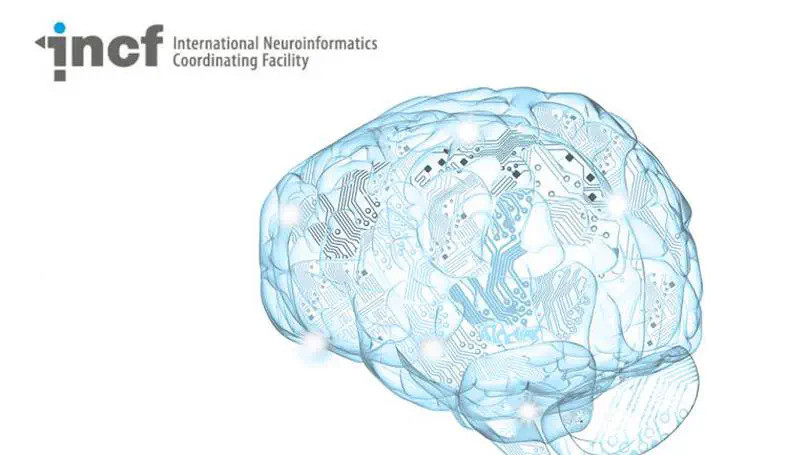Posts
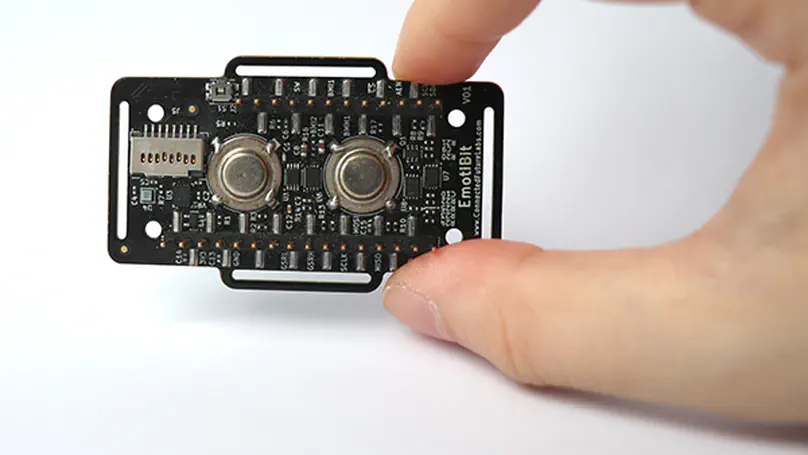
EmotiBit is a wearable sensor to capture high-quality emotional, physiological, and movement data from just about anywhere on the body. Project Author(s) Sean Montgomery Project Links https://www.emotibit.com/ Project Video https://www.youtube.com/watch?v=jbcL2jzyWj4&ab_channel=EmotiBit
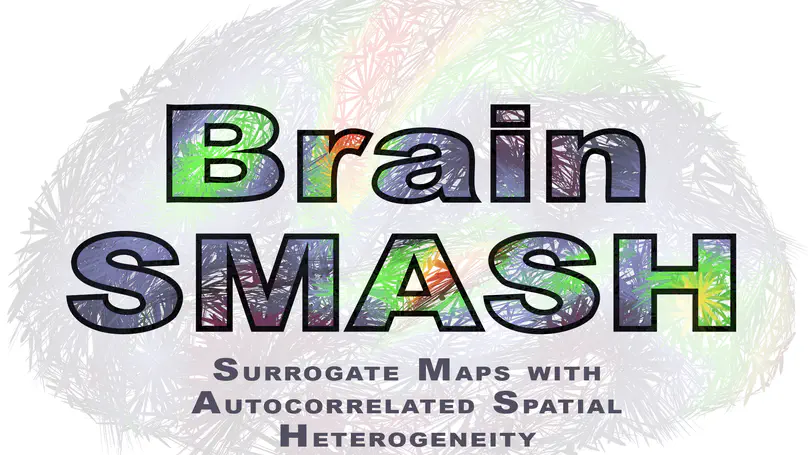
BrainSMASH is a Python-based framework for quantifying the significance of a brain map’s spatial topography in studies of large-scale brain organization. BrainSMASH was designed to generate synthetic brain maps with spatial autocorrelation (SA) matched to the SA of a target brain map.
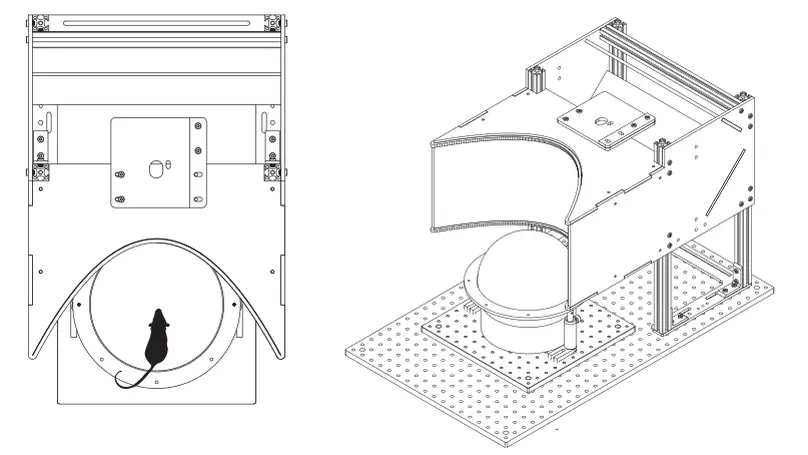
Harvey Lab miniaturized mouse VR rig for head-fixed virtual navigation and decision-making tasks. The VR setup is comprised of several independent assemblies: The screen assembly: a laser projector projects onto a parabolic screen surrounding the mouse.
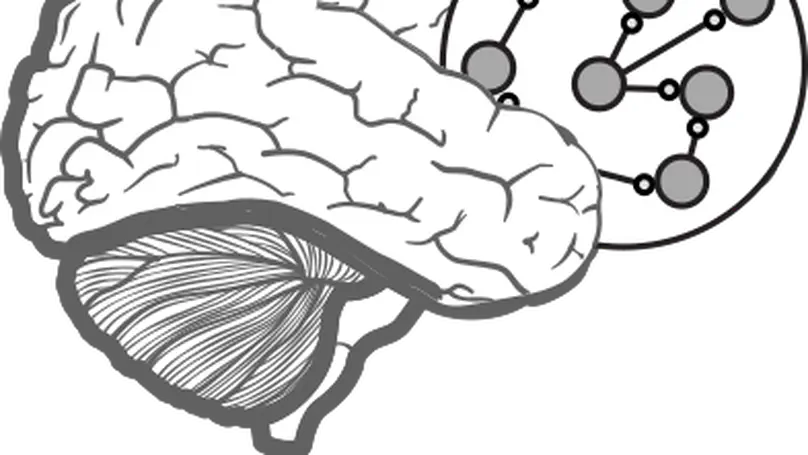
PsychRNN is designed for neuroscientists and psychologists who are interested in RNNs as models of cognitive function in the brain. Despite growing interest in RNNs as models of brain function, this approach poses relatively high barriers to entry to researchers, due to the technical know-how required for specialized deep learning software (e.
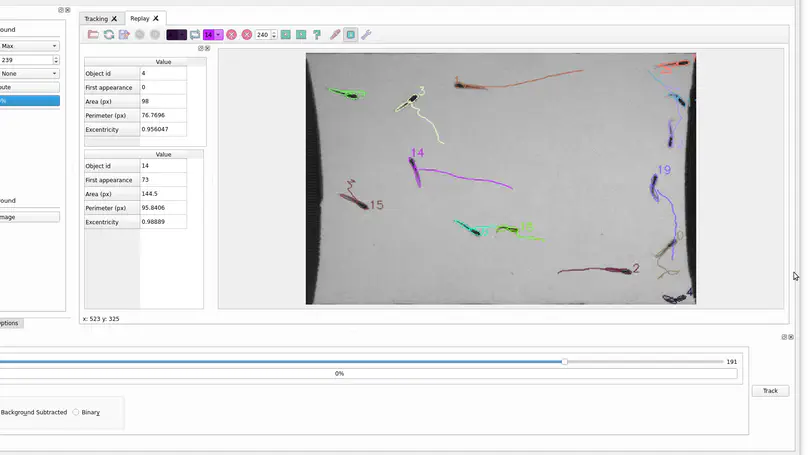
FastTrack is an open-source cross-platform tracking software. Easy to install and easy to use, it can track a large variety of systems from active particles to animals, with a known or unknown number of objects.
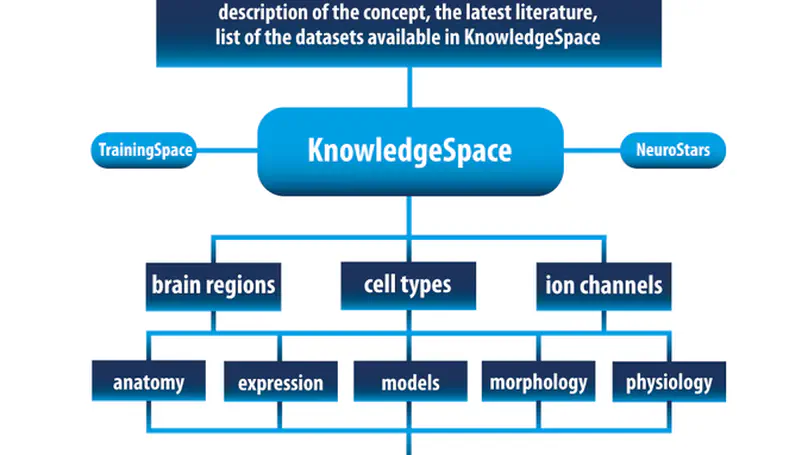
KnowledgeSpace aims to be a globally-used, community-based, data-driven encyclopedia for neuroscience that links brain research concepts to data, models, and the literature that support them. Further it aims to serve as a framework where large-scale neuroscience projects can expose their data to the neuroscience community-at-large.
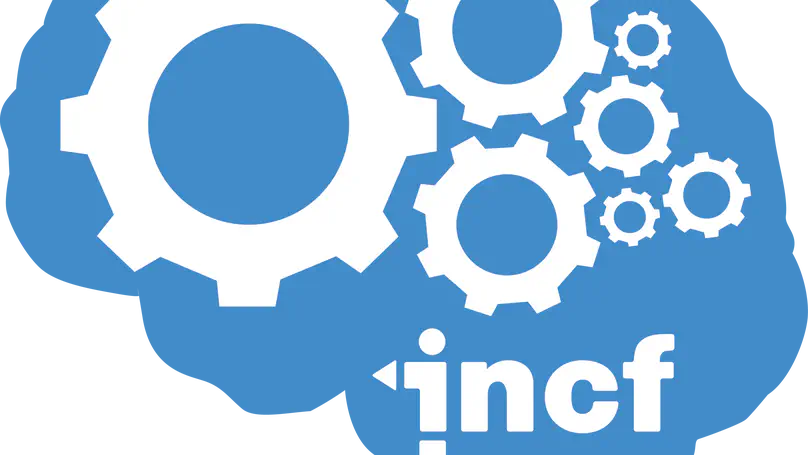
Neurostars is an open source question and answer site that serves the INCF network and the global neuroscience community as a forum for knowledge exchange between neuroscience researchers at all levels of expertise, software developers, and infrastructure providers.
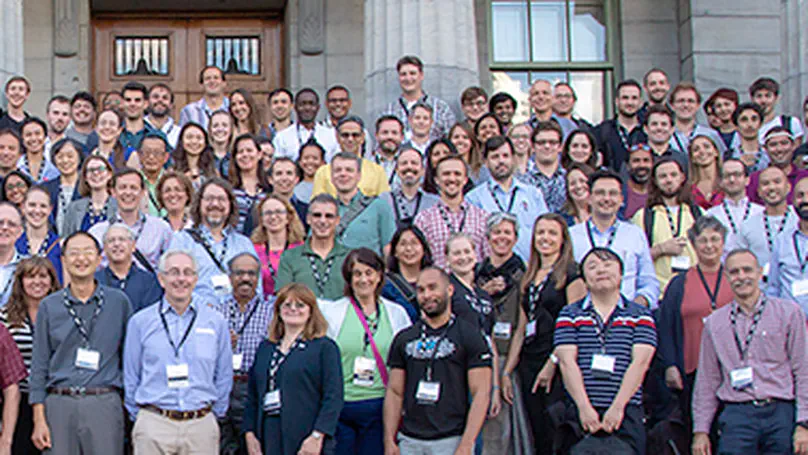
The INCF portal is the guide to the INCF activities and its community resources. INCF advances data reuse and reproducibility in brain research by coordinating the development of Open, FAIR, and Citable tools and resources for neuroscience
